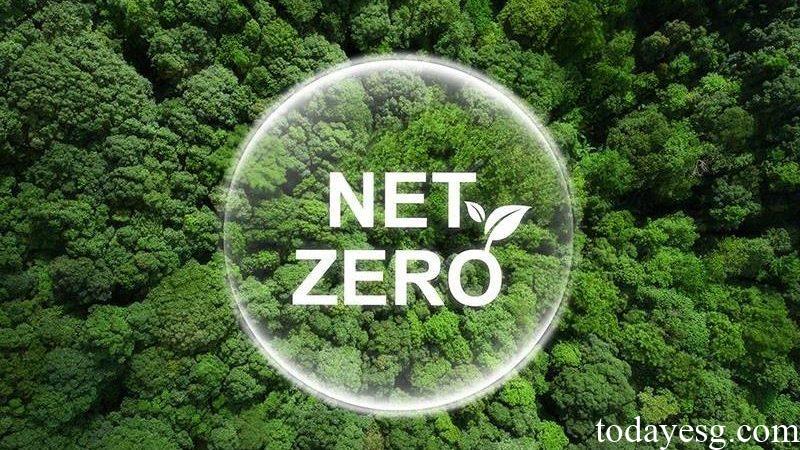First Net Zero Academy
EU announces the establishment of its first net zero academy, aimed at cultivating professional workforce for the net zero industrial value chain. The first net zero academy will focus on the photovoltaic industry and plan to invest 9 million EUR.
The EU proposes to reduce greenhouse gas emissions by 90% (based on 1990) in its 2040 climate target, and in order to achieve this goal, the EU needs to use renewable energy technologies for decarbonization. Photovoltaics, as an important renewable energy source, have received attention from policy makers in both the European Green Deal and REPowerEU.
Related Post: EU Plans to Set 2040 Climate Target

Background of Net Zero Academy
The European Renewable Energy Directive plans to achieve a renewable energy share of 43.5% by 2030. As part of the REPowerEU program, the EU released the EU Solar Energy Strategy in May 2022, with plans to achieve over 320 GW of solar photovoltaic capacity by 2025 and 600 GW by 2030.
To promote the development of net zero technology and clean energy transition in Europe, the EU has launched the Net Zero Industry Act, aimed at creating better conditions for net zero projects and attracting investment. The EU plans to achieve an overall technological manufacturing capacity of 40% of market demand by 2030 and establish a net zero academy to cultivate skilled labor.
Introduction to Net Zero Academy
The first net zero academy in the European Union is established based on the Net Zero Industry Act, and its name is the European Solar Academy. The EU expects that Europe will need approximately 66000 photovoltaic industry technicians by 2030. The European Solar Academy plans to train 100000 workers in the photovoltaic industry over the next three years to fill the current gap.
The European Solar Academy is established by the European Institute for Innovation and Technology. It will adopt the model of the European Battery Academy launched by the European Union in 2022. The academy will sign course contracts with vocational education and training institutions, enterprises, and universities. After the training is completed, the Net Zero Academy will issue certificates to prove that labors are qualified.
Reference:








